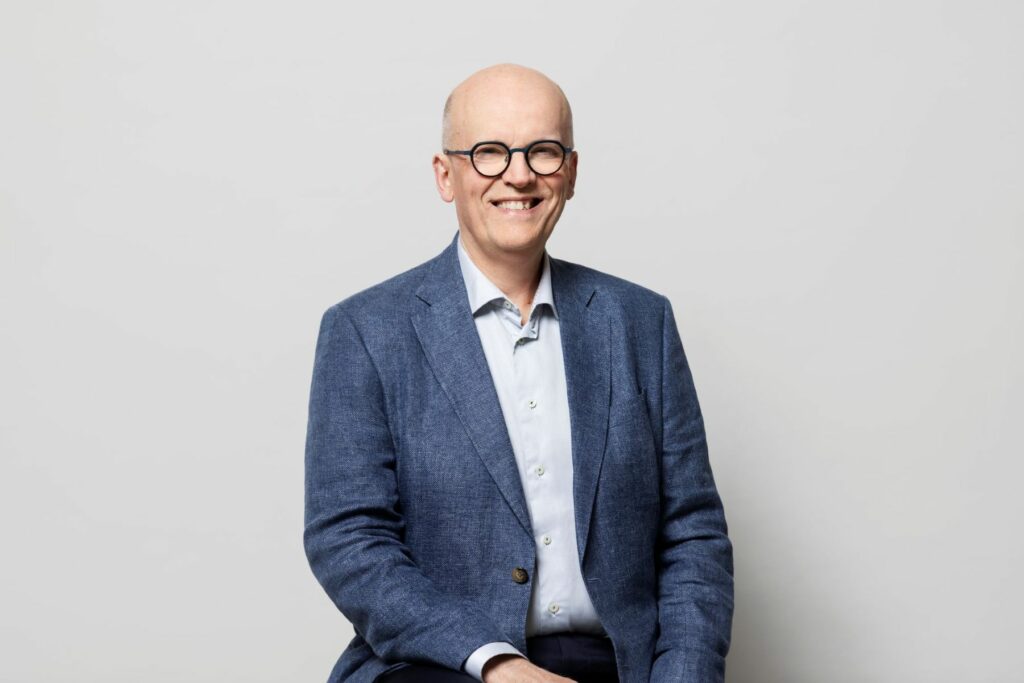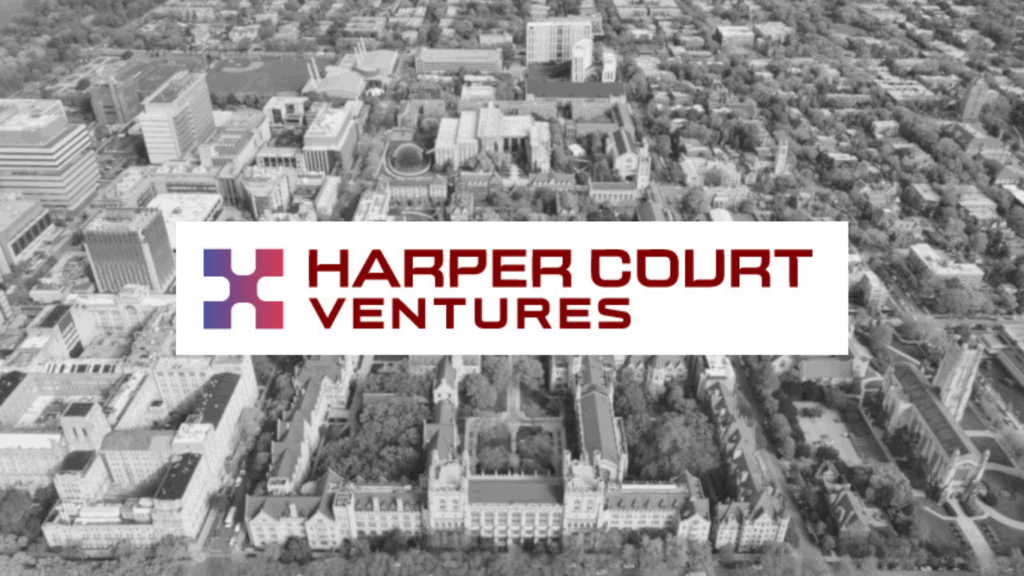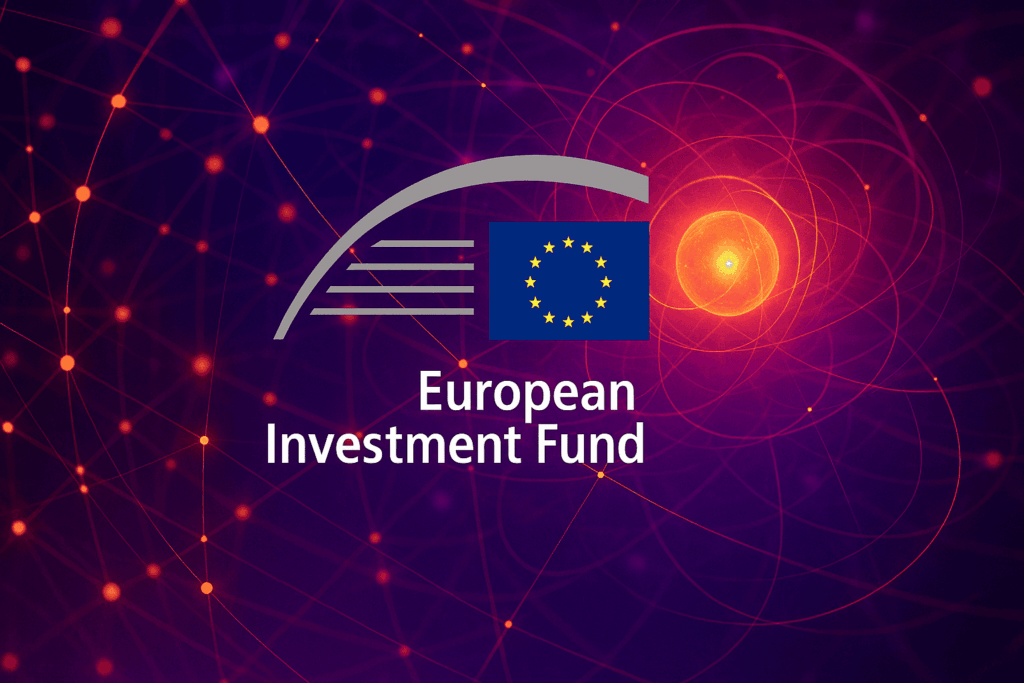Insider Brief
- Israel’s Bar-Ilan University and TII – the Quantum Research Center in Abu Dhabi report they have improved the performance of superconducting qubits.
- The improved qubit, called a Tunable Superconducting Flux Qubit, is a micron-sized superconducting loop.
- Superconducting flux qubits are fast and reliable and may be simpler to integrate many flux qubits into a processor.
- Image: Bar-Ilan University
PRESS RELEASE — A project led by a group of researchers from Israel’s Bar-Ilan University, in collaboration with TII – the Quantum Research Center in Abu Dhabi, United Arab Emirates, is advancing quantum computing by improving the performance of superconducting qubits, the basic computation units of a superconducting quantum processor. The improved qubit, called a Tunable Superconducting Flux Qubit, is a micron-sized superconducting loop where electrical current can flow clockwise or counterclockwise, or in a quantum superposition in both directions.
These quantum features would allow the computer to be much faster and more powerful than a normal computer. For the speed potential to be realized, the quantum computer needs to operate several hundred of qubits simultaneously without having them unintentionally interfering with each other.
As an alternative technology to that existing today in quantum processors, superconducting flux qubits provide several important advantages: First, they are very fast and reliable; and second, it may be simpler to integrate many flux qubits into a processor compared to current available technology.

Comparing a quantum computer to a piano, Dr. Michael Stern, of the Department of Physics and Quantum Entanglement Science and Technology (QUEST) Center at Bar-Ilan University, says, “Imagine wanting to play a certain note on a piano, but actually playing a number of keys together simultaneously and inadvertently, since the distance between the various keys isn’t large enough. One of the main advantages of flux qubits is that- the ‘pianist’ can always produce the sound they want due to the ample separation between ‘keys'” says Dr. Stern.
“…But of course, you need to tune the keys of your piano before playing…” In an article recently published in the journal Physical Review Applied, Stern and his partners describe this added ability.
In keeping with the piano analogy, the technological complication encountered by flux qubits until recently was a difficulty in controlling and changing their “tone”. It was almost impossible to change the frequency of a flux qubit without destroying its coherence.
In the recent paper the researchers showed that they could not only control the production of the qubits, but also actively change their frequency without compromising their performance. “The flux qubit allows keys to be disconnected from one another,” says Stern. “Just like in a symphony, it isn’t enough just to have keys that function, but also the ability to tune and control the keys independently of each other in order to work in unison.”
This research was carried out with funding from the Israel Science Foundation (ISF).
If you found this article to be informative, you can explore more current quantum news here, exclusives, interviews, and podcasts.

















